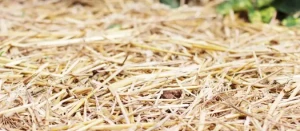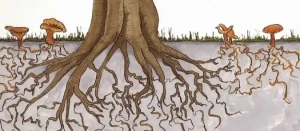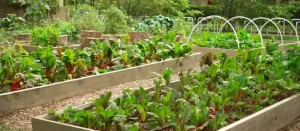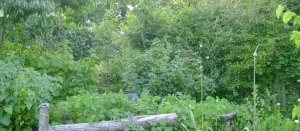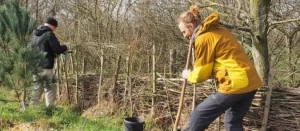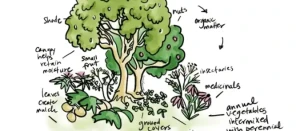SEARCH RESULTS > ARTICLES > beneficial
Benefits of Worms in Soil. Worms are invaluable to gardeners for various reasons. They enhance soil structure, increase nutrient availability, and promote microbial activity. One of their lesser-known benefits is their role in regulating soil pH. Learn More
Welcome to our comprehensive guide on soil aeration in your garden! As gardeners, we understand the vital role that soil health plays in the success of our plants. Soil aeration is a fundamental practice that directly impacts the well-being of our gardens and the growth of our beloved plants. In this article, we will delve deep into the importance of soil aeration, explore various methods and tools for aerating your soil effectively, provide practical tips for incorporating soil aeration into your gardening routine, and offer insights into why this practice is essential for cultivating healthy, thriving plants. Whether you're a seasoned gardener or just starting your gardening journey, understanding soil aeration is key to nurturing vibrant gardens and achieving bountiful harvests. Join us as we explore the world beneath our feet and discover the secrets to unlocking the full potential of your garden soil! Learn More
Cover crops are an essential aspect of sustainable gardening. These crops, also known as green manure, are planted primarily to improve soil health, enhance fertility, control weeds, and prevent erosion. Learn More
Gardening enthusiasts are always on the lookout for ways to enhance the health and vitality of their plants. One often overlooked but crucial player in the world beneath the soil is Mycorrhizal fungi. These remarkable fungi form a symbiotic relationship with plants, contributing significantly to soil health and overall plant well-being. Learn More
Gardening enthusiasts are increasingly turning to sustainable and environmentally-friendly practices, and one such method gaining popularity is no-till gardening. No-till gardening is a technique that eliminates or minimizes soil disturbance, promoting healthier soil and more robust plant growth. In this comprehensive guide, we will explore the principles and techniques of creating a successful no-till garden. Learn More
Gardening is not just about growing beautiful flowers or tasty vegetables; it's about creating a sustainable and harmonious ecosystem. Regenerative gardening practices aim to restore and enhance the health of the environment, soil, and biodiversity. In this article, we will explore various regenerative gardening techniques that empower gardeners to contribute positively to the planet. Learn More
Edible forest gardens, rooted in the principles of permaculture, offer a sustainable and regenerative approach to gardening that mimics the structure and function of natural ecosystems. These gardens are designed to be not only beautiful but also productive, providing a diverse range of edible plants while enhancing ecological balance. In this article, we explore the concept of edible forest gardens and delve into the permaculture practices that make them flourish. Learn More
In permaculture, the term "guild" refers to a grouping of plants, animals, fungi, and other elements that work together in a symbiotic and mutually beneficial way within a specific ecosystem or garden. The concept of guilds is derived from the observation of natural ecosystems, where different species coexist and support each other in various ways. Learn More

